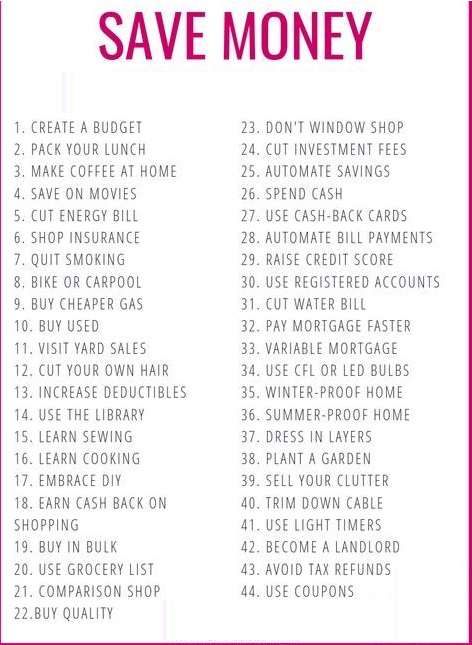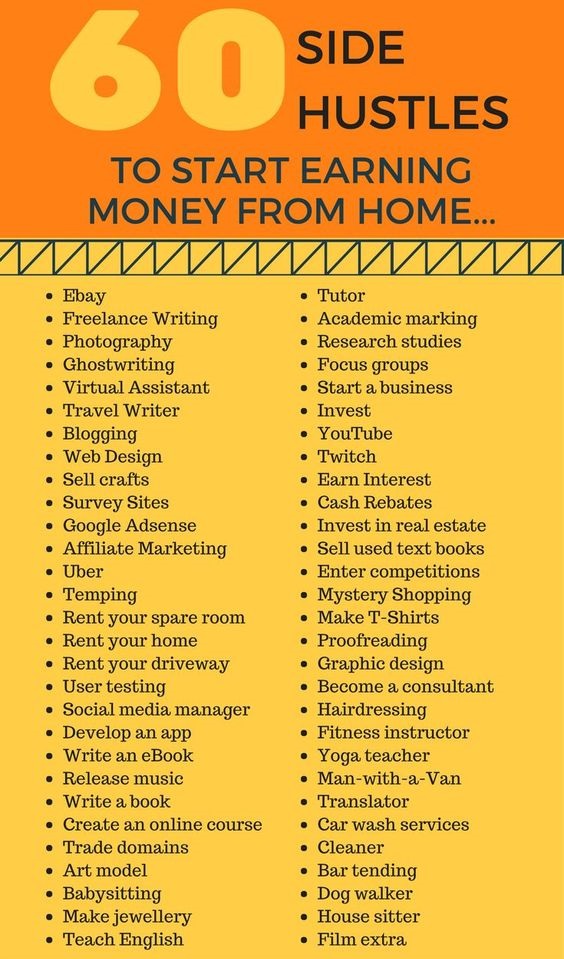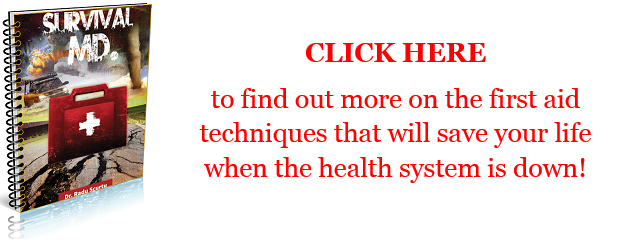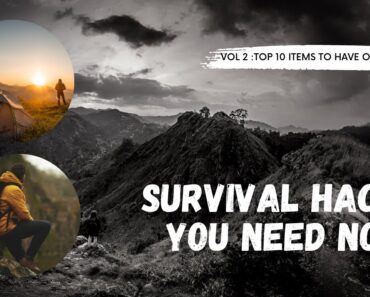I’m not a big fan of oncologists. While I’m sure they do their best, I think there has to be a better way.
The idea of using treatments that kill the disease just a little faster than they kill the patient just doesn’t work for me.
I’m not talking about surgery, even though I think some of them get carried away in looking for an opportunity to use the knife; I’m talking about chemotherapy and radiation therapy. I’ve seen friends and family members go through that, and I wouldn’t want to go through it myself. Dying of cancer just might be better than being a lab rat for the doctors to experiment on.
I distinctly remember a case where a former family member was dying of lung cancer. One of his daughters, who tends to think she has to carry the weight of the world upon her shoulders, was lamenting that she hadn’t forced him to go to the oncologist two years earlier so that they could have caught it before it reached stage-4. In an effort to bring some balance into her thinking, I told her that if she had done that, her father would have spent the previous two years suffering through cancer treatments and probably wouldn’t have lived any longer. As it was, he was able to enjoy his grandkids and golf game for those two years, not spend it going in and out of the hospital.
Sometimes, the cure is worse than the disease. And sometimes, the disease wins anyway.
What about these days?
This brings me to the disease of the day,
COVID-19. In order to combat this pandemic, nations around the world are urging
people to stay at home, so as to not expose themselves to the disease. Here in
the United States, many states have enacted lockdowns, closing “non-essential
businesses” and laying off millions of workers. When will it end? Nobody seems
to know.
Please note that I’m not against the actions that our government at all levels is taking. I get it. They’re trying to flatten the curve, so as to increase the chances for the medical community to save as many lives as possible. If they are successful, the computer models say that the death toll will be 100,000 to 200,000, rather than over 2 million if we just let things go, without taking such drastic action. While 100,000 deaths is still a tragedy, it’s much better than the alternative.
But that doesn’t mean that it’s good. Nor
does it mean that the actions being taken to mitigate the effects of the
pandemic aren’t going to have their own impact on society. The loss of so many
jobs, as well as the loss of so much revenue to businesses, is probably going
to have a much longer impact on society than the disease itself.
There are those who would say that “Those businesses can afford it,” as if businesses have an unlimited pool of money that they don’t need. While I’m sure there are some major corporations out there who have enough financial “float” that they can weather this storm without a problem, I’m also sure that there are lots of small businesses that can’t; they live from month to month, just like many families do. These businesses are being offered loans as part of the stimulus package, but loans aren’t income. Somehow those small businesses are going to have to pay those loans back, which means that the business owner will have even less profit from their business.
Maybe that doesn’t make much difference to you, as you don’t own a small business. But consider this: roughly half of all jobs in the United States are people working for small businesses. That includes almost all restaurants, construction trades, and hair salons, as well as a whole lot of stores and small manufacturing companies. We have the potential to lose all of those businesses over the next couple of months if the current emergency lasts that long. On top of that, the oil business is in serious trouble, due to the pricing wars between Saudi Arabia and Russia.
The problem is that those small businesses
still have expenses while their doors are closed. Even the ones which are open
are dealing with serious reductions in income; to the point that it’s unlikely
they are making enough money to pay the bills. Even with various measures being
taken to put a stay on their mortgage or rent, they may not be able to pay
their remaining costs.
Ok, so where am I going with all this?
Right now, if the government doesn’t spend
another dollar, we’re looking at a cost of over $3 trillion dollars; $2
trillion from the economic stimulus package and $1 trillion in losses to our
nation’s GNP. We can add another $11.5 trillion in stock market losses to that,
caused by COVID-19 and the resulting petroleum price war. While I believe that
will be recovered, the other $3 trillion won’t… ever.
The Treasury Department is now saying that
as many as 32% of our workforce may be out of work before this is all over.
That figure puts the 24.9% unemployment of the Great Depression to shame.
Looking back at the impact of that unemployment rate, can anyone possibly
believe that things are going to be hunky-dory once the disease runs its course
and we can return to life as normal?
For that matter, what will normal look like in a post-pandemic world?
How Secure is Your Financial Future?
Considering the above, you and I need to be
preparing for what happens next, even while we are trying to survive the next
disaster. Chances are that we are going to be faced with back-to-back
disasters, as the current pandemic is followed by a global recession or
depression.
I think it’s important to note here, that even in the worst of the depression when the unemployment rate was the highest, most people were still working. The same will be true in this case, even if it seems otherwise. While we should be concerned about those who lose their jobs, we must first make sure that we don’t lose ours. Otherwise, we won’t be in any position to help them.
So, let me ask you – How secure is your
job? Is there anything you can do to improve your personal job security?
I know someone who is working in the oil
industry, for a large petroleum company which is in serious financial trouble
right now. This individual’s boss has already told his department to start
looking for jobs, rather than waiting to see if they are going to be laid off
or not.
On the other hand, some types of jobs tend to have a lot of job security associated with them. By and large, teachers, police officers, and firemen don’t have to worry about losing their jobs. But that doesn’t mean that all city workers have that same job security. Those people are in “essential positions,” while someone working in planning or human resources may not be seen as so essential.
Which category do you fall into? If you’re
one of those whose job has lots of inherent security, more power to you. That’s
great. You can concentrate on establishing your financial security in other
ways; rather than trying to keep your job. But if your job doesn’t carry that
sort of security, you might need to put some extra effort into securing your
own position, so that if the company has to pare down, they’ll look elsewhere,
instead of looking to remove you.
That’s what my friend in the oil industry is doing. He works in IT and has put a lot of effort into increasing his value to the company. This has been a two-pronged effort; first, working to increase his net worth by gaining more certifications in his field and secondly in making himself indispensable to his company.
I know it’s not a popular idea these days, but
every company I’ve ever seen still prizes employees who go above and beyond the
company’s expectations. Hard work is still a winner. It may not earn you any
more money this week, but when it comes time for either promotions or layoffs,
you can rest assured that the people who count are going to remember the hard
workers and try to do right by them, even if they have to bend the rules to do
so. I’ve experienced that first-hand.
Prepare for the Worst
Even if you do have a secure job, times are likely to get rough. Based upon past recessions, depressions, and financial collapses, one thing we know for sure is that those who are carrying a lot of debt are the hardest hit. I’m not just talking about being hard hit if you lose your job, but hard hit due to the bad economy. When you owe money to someone, they’ve got a hook in you that they won’t be hesitant to use.
You’ve still got some time to do something about that; divesting yourself off as much debt as possible. That might mean trading down on your cars or selling off something that you’re making payments on, just so you can pay it off. While those might seem like rather severe actions to take, they’re a whole lot better than losing your house or not being able to feed your kids.
The average American family lives on 110% of their income. Yeah, you read that right. The extra 10% comes from debt; either credit cards or loans to make major purchases. Either way, if you’re one of those families, it means that you don’t have any financial flexibility. If something happens to your income, you’re stuck because you still have to cover that outgo; even if you can’t.
Diversify
The other thing you can do to prepare for the coming financial problems is to start a side business. Most financial gurus today will tell you that you need multiple streams of income. I like that idea. What it does for you is to guarantee that you have some sort of income coming in, if something happens to your job. At the same time, it gives you more income to use, helping you to either pay off your debt or live on 90% or less of your income, rather than living on 110% of it.
Granted, there isn’t much time between now
and the start of the coming financial collapse to start a business and grow it
into anything much, but that doesn’t mean you shouldn’t try. If things get as
bad as I think they’re going to, that business may make the difference between
your family just being comfortable and your family just squeaking by.
So, what sort of business should you have? To start with, avoid anything that deals with anything that is unnecessary, especially luxury items. The first stores and factories to close down during the Argentinean collapse were those that dealt with luxury items. While there will always be people whose personal net worth will allow them to buy these items, even in unsure financial times, there won’t be enough of them to keep those businesses alive. Without the middle class or at least the upper-middle class partaking of their goods, they don’t have enough of a customer base.
This, of course, includes craft-type items,
of the kind that you’d find people making and selling on Etsy. While people may
still buy those items for Christmas presents, you won’t find them buying them
just to decorate their homes. They will be concerned with putting food on the
table, not pictures on the walls.
Selling things that are necessary is still a possibility. I don’t mean your hand-milled soap, as that’s still a luxury item. But if you have a niche selling something useful and necessary on eBay, don’t give it up. That may still be quite lucrative, especially if you’re offering something that people can no longer get at their local store that has just permanently closed their doors.
But there’s an entirely different avenue to
look at; that of providing repair services. If people aren’t buying new items
to replace their old ones and are keeping their old ones longer, chances are
that some percentage of those items will go bad. If that’s the case, then those
people will need repairs done, so that they can keep using them.
This has become a foreign idea in our
modern, disposable society. We even tend to think of things as expensive as
cell phones as being disposable. But they’re not. They are repairable. In most
cases, all the phone needs is a new battery, switch or glass. Those are repairs
that you can learn how to make on YouTube, allowing you to start a sideline
business, where you are repairing phones for a profit.
If you start building such a business, it
would be a good idea to stockpile at least some of the more common repair
parts, specifically batteries and screen glass for some of the more popular
phone models. That will allow you to make those repairs more quickly, which is
good for business.
Invest if You Can
If you have any money to invest, now is a
good time to buy gold and silver. The price on these precious metals has been
down lately, due to the strong stock market. But whenever the dollar starts to
go weak, the value of these metals increases. That makes them the perfect
investment to have on hand during any sort of financial collapse.
Please note that if you’re going to invest
in gold and silver, you want to have physical coins, ingots or bars in your
possession. Having a certificate that says you have X number of one-ounce
silver coins in the vault of XYZ corporation isn’t worth a thing. If something
happens to that company, you may never see that money at all.
Holding physical gold and silver gives you something you can barter with, should the economy collapse completely. For this reason, silver is actually better to own than gold is. You may not be able to make a trade for a one-ounce gold coin when you’re just trying to buy food, but you could with a one-ounce silver coin.
One More Thing
Going back to the Argentinean collapse for
a moment, the other thing that became a real problem for most people, in the
midst of their financial problems, was finding food. It’s not that food didn’t
exist; it’s that food didn’t exist in the stores. There was plenty of food on
the farms, out in the country; but it wasn’t making it onto the supermarket
shelves.
There’s no way of knowing if we will have
the same problem or not; but looking at the grocery stores over the last few
weeks, I wouldn’t be surprised if it happens. With that in mind, it would be a
good idea to make sure that your food stockpile is in good shape.
I realize this is a bad time to be trying to build a stockpile, with everyone and his brother trying to do so, but you probably already have one in place. All I’m really saying is don’t destroy your stockpile in the current emergency. While you may be using it, do what you can to replenish it as well, without going crazy trying to do so. That way, if there are food shortages in the coming months, you’ll be ready for them.






























